DALLAS, TX — A deadly shooting during the execution of a warrant in Dallas has led to serious criminal charges against two individuals, shaking the community and igniting discussions around private enforcement, law enforcement oversight, and the role of bounty hunters in civilian arrests. Rodney Brown, 43, a licensed bounty hunter, and Jorge Moncivais, 23, now face murder charges in connection with the incident, which remains under active investigation by local authorities.
According to investigators, the incident unfolded as Brown and Moncivais were attempting to serve a warrant as part of their work in fugitive recovery. What began as an effort to apprehend a wanted person quickly escalated into a confrontation that turned violent, ultimately resulting in the death of an individual at the scene. As investigators piece together what happened, the public is left grappling with both outrage and confusion over how such a tragedy occurred.
The Incident That Sparked Outrage
Dallas Police responded to the scene of the shooting after reports of gunfire during the attempted warrant execution. Witnesses in the area described a tense and chaotic situation. According to preliminary reports, Brown and Moncivais arrived at the location as part of a fugitive recovery operation. The man they sought to apprehend was reportedly inside a residence when the pair engaged in actions that led to gunfire.
When officers arrived, they found one person suffering from life-threatening gunshot wounds. Emergency medical personnel were called to the scene, but the individual was pronounced dead shortly after. Although the identity of the deceased has not been publicly released, police have confirmed that the person was the intended target of the warrant.
As details emerged, investigators grew concerned over how the incident was handled by Brown and Moncivais, who were operating under the authority of a private bail bond company. While bounty hunters in Texas are legally permitted to apprehend fugitives under certain conditions, they are still required to follow strict protocols, and use of deadly force is highly scrutinized. Initial findings led authorities to question whether the shooting was justified.
Legal Ramifications and Charges
Following interviews, witness testimony, and a review of available evidence, Dallas County prosecutors filed murder charges against both Brown and Moncivais. Authorities allege that the use of lethal force was excessive and unnecessary under the circumstances. As part of the ongoing investigation, search warrants were executed to collect any potential surveillance footage, weapon records, and digital communication that may provide further insight into the defendants’ actions leading up to the shooting.
The defendants were taken into custody and booked at the Dallas County Jail. Both men have retained legal representation and are expected to plead not guilty as the case moves through the court system. Bail has been set, and a preliminary hearing is scheduled within the coming days.
Attorneys for the defense have argued that their clients were operating within their legal bounds and feared for their safety during the confrontation. They maintain that the shooting was not premeditated but rather a reaction to a perceived threat during a lawful fugitive recovery effort. Prosecutors, however, argue that the use of force went beyond what is permissible under Texas law and that the situation could have been resolved without resorting to deadly means.
Community Reaction and Deepening Debate
News of the charges has reverberated throughout the Dallas community, prompting a wave of public concern over the role of private agents—particularly bounty hunters and private investigators—in enforcing the law. Critics argue that without the oversight and training required of sworn law enforcement officers, the potential for dangerous escalations increases dramatically.
Local civil rights organizations have called for greater regulation and transparency in how private bounty hunters operate. Some are demanding a review of licensing processes and use-of-force policies, pointing out that such individuals often interact with members of the public without the same accountability mechanisms as police officers.
“Private citizens, even those licensed as bounty hunters, should not be allowed to operate with impunity,” one community leader said. “If someone’s actions lead to a death, that must be fully investigated and prosecuted if unlawful. The public deserves safety, not unchecked force.”
Supporters of stricter reform have emphasized the growing concern about the blurred lines between public law enforcement and private actors. In many states, including Texas, bounty hunters operate in a legal gray area, often hired by bail bond companies to track down defendants who fail to appear in court. While many work closely with police, they are not subject to the same use-of-force standards or oversight. This case has thrown that lack of regulation into sharp relief.
Past Conduct and Licensing Scrutiny
As the legal case builds, public scrutiny has also turned to the background of both individuals charged. Officials have confirmed that Rodney Brown is a licensed fugitive recovery agent with prior experience in the field. Jorge Moncivais, while younger and less experienced, was reportedly acting under the guidance of Brown. Licensing records are being reviewed to determine whether both men were in full compliance with state requirements at the time of the incident.
The Texas Department of Public Safety has also initiated a review into whether either man had prior complaints filed against them and whether there were previous incidents involving excessive force or improper conduct. Any past red flags may now play a crucial role in court proceedings as prosecutors seek to establish a pattern of behavior or recklessness.
The bail bond company that employed them has issued a brief statement expressing sorrow over the incident and affirming cooperation with law enforcement. However, they have declined further comment citing the ongoing legal process.
Victim’s Family Seeking Answers
While authorities have not released the identity of the deceased, family members have spoken out, expressing shock and heartbreak over what they call an avoidable tragedy. According to relatives, the individual was known to have legal troubles but did not deserve to lose his life in such a violent manner. They are now demanding full transparency and accountability.
“This should never have happened,” a family member stated during a candlelight vigil. “No matter what someone has done, they deserve the chance to answer in court. No one should be judged and sentenced in the street by someone with a gun.”
Supporters and friends of the victim have organized community gatherings and online fundraisers to support the family through this difficult time. Many are calling for policy changes that would limit the authority of private bounty hunters, especially in situations where the potential for violence is high.
Investigation Continues
Meanwhile, the Dallas Police Department continues to work closely with the District Attorney’s Office to gather all the facts surrounding the case. Forensic evidence is being analyzed, including ballistics reports and trajectory studies. Investigators are also reviewing any available video from body cams, home security systems, and bystander footage that may have captured the incident.
The key focus of the investigation is whether the use of force was legally justified and whether the defendants acted in accordance with state and federal law. Expert witnesses on fugitive recovery and use-of-force policies may be called to testify as the case progresses.
Legal analysts predict a complicated trial, one that could set significant precedent not only for Texas but for other states that permit private citizens to act with similar authority. Depending on the outcome, the case could lead to legislative proposals aimed at reforming the industry and tightening restrictions around fugitive recovery efforts.
Larger Implications
This tragedy, now playing out through the legal system, reflects a broader national conversation about how and by whom force should be used in law enforcement-related actions. While the role of bounty hunters dates back centuries, their modern responsibilities often place them in high-stakes situations with limited oversight.
Lawmakers in Texas have previously considered proposals to increase licensing standards and improve training requirements, but advocates say more action is needed. Some are pushing for mandatory body cameras, better documentation of all fugitive recovery operations, and routine audits of private agents.
“This case could be a tipping point,” said one criminal justice reform advocate. “We need to reexamine how much authority is given to people outside the formal criminal justice system. The consequences, as we see here, can be tragic.”
Court Proceedings Ahead
Brown and Moncivais are expected to appear in court for their first hearings in the coming week. The judge overseeing the case will determine whether the charges should proceed to a grand jury and whether the men will remain in custody or be released on bond.
Legal observers say that both the prosecution and defense will face challenges in presenting their cases. Prosecutors must prove intent and excessive use of force, while the defense will attempt to establish reasonable fear and justification for the shooting under existing fugitive apprehension laws.
Until then, the city of Dallas waits for answers. The tragic events of that day have left a family grieving, a community searching for clarity, and a justice system once again forced to grapple with the complex consequences of force, law, and accountability.

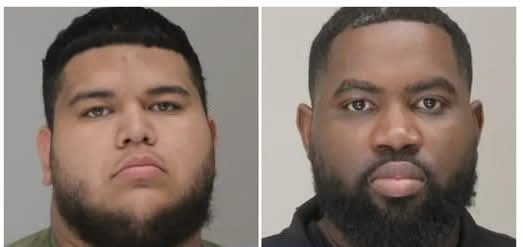

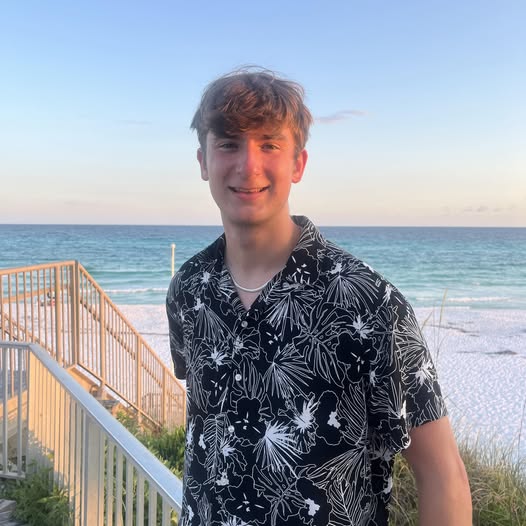
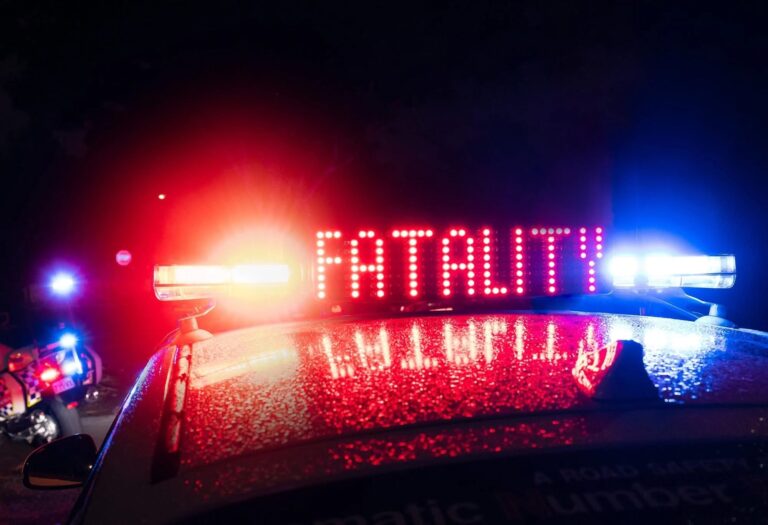
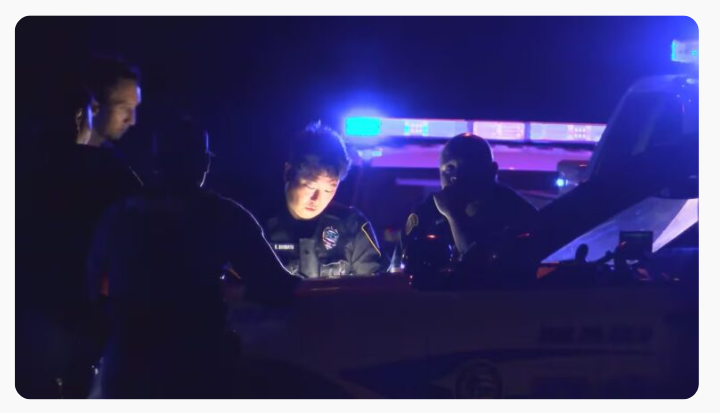
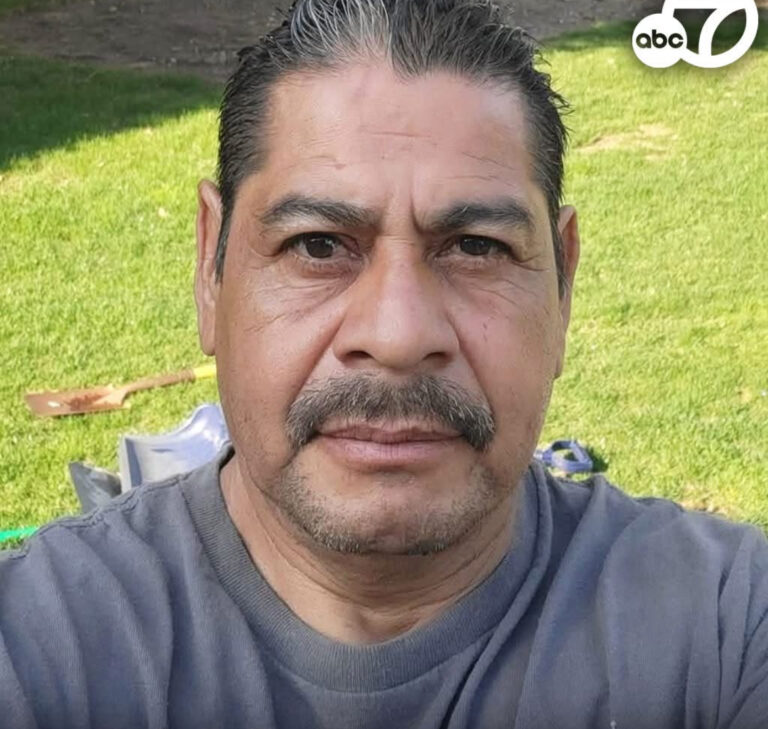
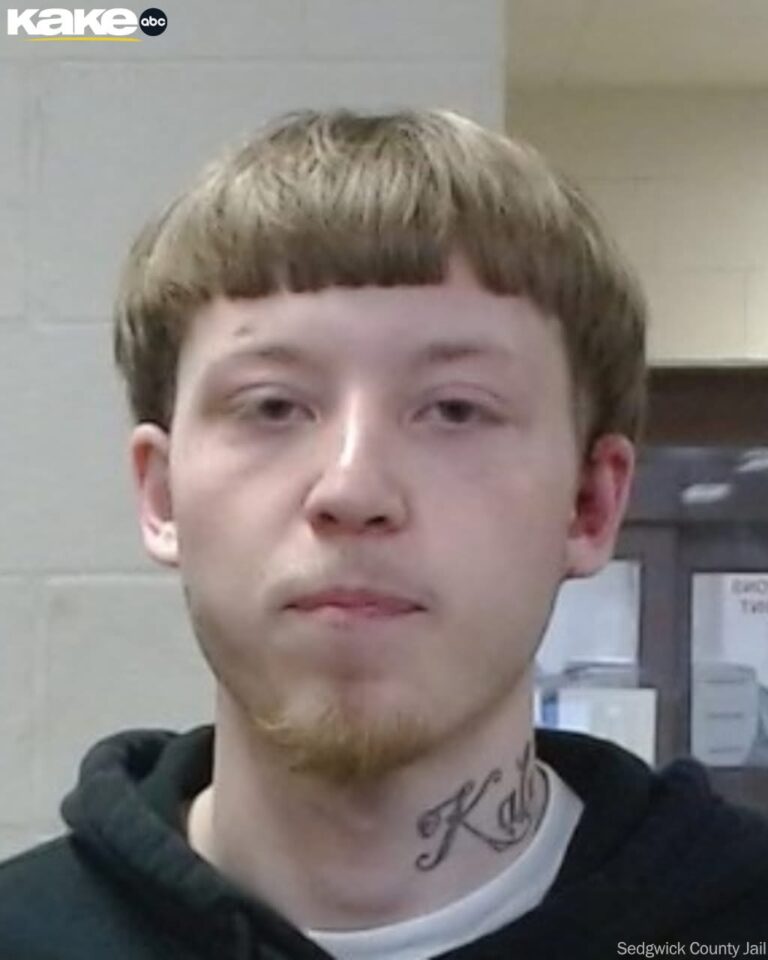
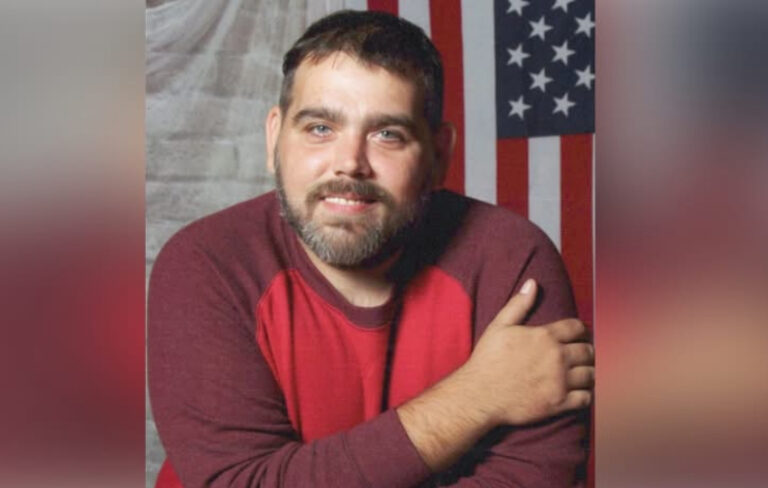

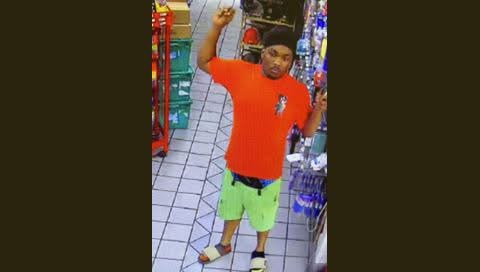
Leave a Reply